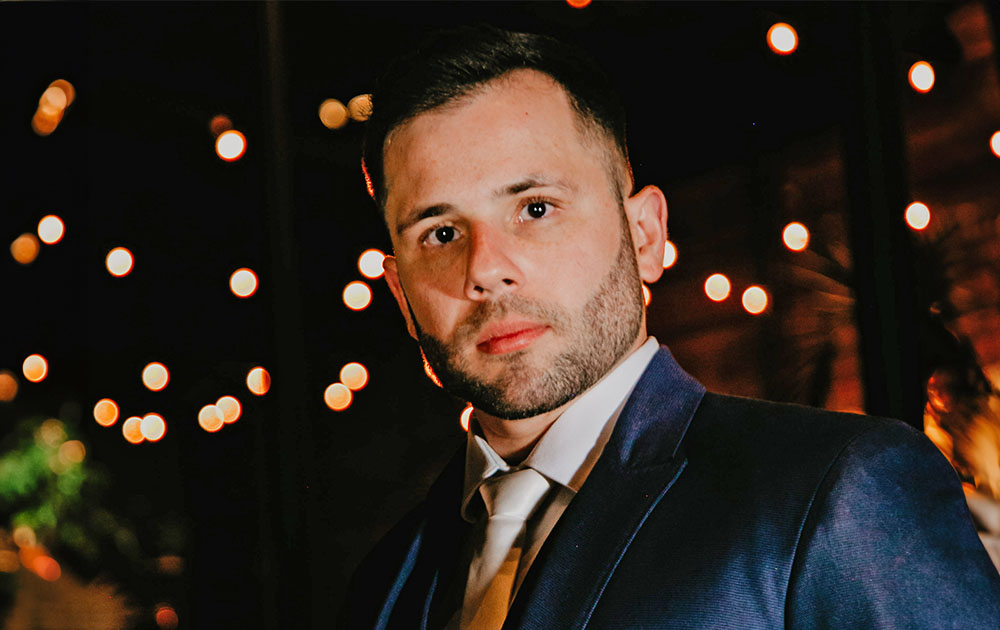Across the U.S., industries like manufacturing and logistics are increasingly under strain—not only from global market fluctuations but also from the technological deficiencies embedded in their daily operations. While innovations in digital infrastructure, industrial automation, and data science have accelerated globally, many American companies still rely on manual processes, siloed systems, and legacy platforms that hinder growth. For these businesses, the price of inaction is no longer just inefficiency; it’s a growing inability to compete.
Despite a booming $68 billion industrial IoT market in North America and widespread adoption of cloud services by more than 90% of enterprises, a surprising number of firms still operate without basic real-time data capabilities or integrated digital workflows. As a result, they remain vulnerable to disruptions ranging from cyberattacks to production delays. With the labor market facing historic shortages in areas such as cybersecurity, ERP implementation, and industrial data analysis, modernizing operational systems is both a technical and human capital challenge.
That’s the landscape Corelogic Integrations LLC plans to enter. The new Florida-based firm, co-founded by Brazilian technology leader Eduardo Rodrigues Franco, is set to offer U.S. enterprises a comprehensive strategy for digital transformation. While the company is still in its early stages, its blueprint is rooted in addressing the fundamental limitations that continue to plague American industries: outdated infrastructure, fragmented operations, and the lack of scalable, secure digital systems.
Franco brings over a decade of hands-on leadership in systems integration, cybersecurity, and data-driven decision-making. Most recently serving as the head of IT for a major Brazilian industrial firm, he led the deployment of SAP ERP across production and customer management modules, built automated systems for supply chain tracking, and developed Power BI dashboards that transformed strategic oversight. His expertise spans both the technical and operational dimensions of transformation—a balance that Corelogic intends to offer its clients.
In his view, the issue is not a lack of awareness but a lack of alignment. “U.S. companies often know where they need to go, but they’re stuck with systems that were never built to evolve,” Franco says. “What we’re doing with Corelogic is building a framework for them to modernize without disruption—so they can keep moving forward without being held back by yesterday’s tools.”
The company’s initial focus will be on businesses in Florida, particularly in sectors such as aerospace manufacturing, industrial logistics, and energy services, where legacy systems and operational inefficiencies remain common. These industries represent a sizable share of both the state and national economy—Florida alone ranks among the top states for logistics output, and the U.S. energy sector accounts for over $1.6 trillion in economic activity annually. Yet many of the companies driving this growth lack integrated systems for inventory control, equipment maintenance, or real-time risk monitoring.
What Corelogic aims to offer is not just software but a strategic upgrade to how these companies operate. The firm will implement scalable ERP platforms, introduce IoT-based automation to reduce human error, and help businesses adopt mesh networks and cloud-based solutions for greater resilience. It will also provide end-to-end cybersecurity support, from internal audits to firewall deployment, helping firms that may otherwise be exposed to ransomware or data breaches—a risk that cost U.S. companies an average of $9.5 million per incident last year.
Franco’s background is key to how Corelogic approaches these challenges. He has received advanced training in areas ranging from forensic computing to DevOps and holds certifications in penetration testing and data protection. But it’s his practical, team-based leadership style that sets the tone for the new company. Having previously developed internal academies and technical mentoring programs, he plans to replicate that model at Corelogic through a Digital Transformation Academy—designed to train both staff and clients in emerging tools and methods.
“Our goal isn’t just to deliver a product or deploy a platform,” Franco says. “It’s to help people understand how to use technology in a way that drives their business forward—safely, efficiently, and with a clear return.”
The company’s potential influence extends beyond immediate client outcomes. With plans to publish technical papers and offer public workshops, Corelogic aspires to play a role in shaping national conversations around digital resilience and industrial modernization. It also expects to contribute meaningfully to workforce development by training professionals in underrepresented tech skills and reducing reliance on an increasingly overburdened IT labor market.
As the U.S. navigates growing threats to its infrastructure—from supply chain volatility to state-sponsored cyber threats—firms like Corelogic could become crucial allies in retooling the backbone of the American economy. Through its founder’s experience and its tailored, integrative approach, the company is preparing to meet one of the country’s most pressing challenges: ensuring that the tools used to build tomorrow’s economy are as advanced as the ambitions they serve.





























